S&P 500: -0.59% DOW: 1.11% NASDAQ: -0.73% 10-YR: 1.26%

Last Week on WallStreet - August 21
What Happened?
Stocks rose yesterday but ended the week with losses to conclude a bumpy ride in trading. Markets pulled back amid investor worry over the Fed's signal that it will scale back some of its easy money policy. Economically sensitive parts of the market led the decline as Energy (-7.2%), Materials (-3%), Financials (-2.3%) and Industrials (-2.3%) underperformed.
- Fed preparing a taper announcement this year
- But Kaplan hints the Fed might be Delta-dependent
- Retail sales missed expectations
- Data out of China suggests a slowdown
- Interesting articles from the Waterloo Watercooler

Jeff Cox - CNBC
Federal Reserve Preparing for Taper This Year, July Minutes Show
Fed officials at their July gathering made plans to pull back the pace of their monthly bond purchases likely before the end of the year, meeting minutes indicated. From the minutes: “Looking ahead, most participants noted that, provided that the economy were to evolve broadly as they anticipated, they judged that it could be appropriate to start reducing the pace of asset purchases this year.” However, the summary indicated that the central bankers wanted to be clear that the reduction, or tapering, of assets, was not a precursor to an imminent rate hike. The minutes noted that “some” members preferred to wait until early in 2022 to start tapering. Markets turned red as investors digested the news.
The key takeaway is the Fed has repeatedly said that tapering would begin after "substantial further progress" toward employment and price stability was reached. Given recent economic data, most Fed members believe we are at that point. While the message on tapering has been telegraphed, the Fed is having a difficult time making sure the strategy is clearly outlined. Going forward, investors will be hyper-focused on the probability of tapering in the coming months with 2013's "taper tantrum" in the back of their minds.

Reuters
More on Tapering: Kaplan May Rethink Call for Taper in October due to Delta Variant
Yesterday, Dallas Federal Reserve President Rob Kaplan said he may rethink his call for the Fed to quickly start to taper its $120 billion per month in bond purchases if it looks like the spread of the coronavirus delta variant is slowing economic growth. Earlier this month, Kaplan said the Fed should announce its intention to taper the purchases in September and start the slow down in October. In late April he was the first top Fed official to call for a taper to begin.
The key takeaway is cases have spiked across the US due to the delta variant which is leading to companies reevaluating return to work plans and schools to rethink in person teaching. Though Kaplan is open to shifting his view, he believes purchases at this stage might not be effective. Still, on the margin, the news seemed to dampen fears that we saw earlier in the week on the tapering timeline as markets capped off Friday in the green.

Jeffry Bartash - MarketWatch
Retail Sales Slump 1.1% in July
Retail sales sank 1.1% last month, coming in below the 0.3% decline forecasted. The chief source of lower retail sales last month was a decline in car buying. Sales at auto dealers tumbled 3.9% to mark the third decline in a row. Still, sales declined in most major categories. Americans spent less on building materials, do-it-yourself projects, furniture, clothing, groceries, and hobby items. Retail sales are still up 16% in the past year and exceed pre-pandemic levels, but the increase in receipts has slowed over the past several months.
The key takeaway is the stimulus payments have faded away at the same time Americans are shifting spending away from goods and towards services. What's uncertain going forward is whether the delta variant will force consumers to cut back on services as they did during the pandemic and damage the rebound. Retail sales account for one-third of overall consumer spending.

Evelyn Cheng - CNBC
China Economic Data Disappoints
Data showed retail sales missed on the downside, rising 8.5% in July from a year ago compared to the forecast of 11.5%. Outside of consumption, China’s manufacturing sector also grew more slowly than expected. Industrial production grew by 6.4%, also below expectations of a 7.8% year-on-year increase in July
The key takeaway is the delta variant and flooding in parts of the country has contributed much to this weakness. The uneven recovery has worried investors as a slowdown in China could impede the overall economic recovery.

From the Waterloo Watercooler
With college athletes now able to profit off their name, image, and likeness, new data shows a D1 athlete on average earned $471 in July with football players capturing 79% of all NIL market share.
A homebuying frenzy is gripping much of the US, but Austin takes the prize for the biggest increase in homes selling well above the asking price.
Last week, we highlighted a story about a hacker returning most of the $600 million of stolen money from a cryptocurrency platform. The company is now asking the hacker to become its chief security advisor.
Consumers plan to spend record amounts for both school and college supplies as families and students plan to return to in-person classrooms this fall.
After 20 years, the Taliban have returned to power, raising questions about stability in the Middle East and stoking some potential unrest in financial markets, amid a weekend that was rife with political developments.
Health officials are preparing to roll out COVID-19 booster shots in the United States this September.
The MLB is set to give its exclusive trading card license to Fanatics, ending the 70-year run for Topps.
